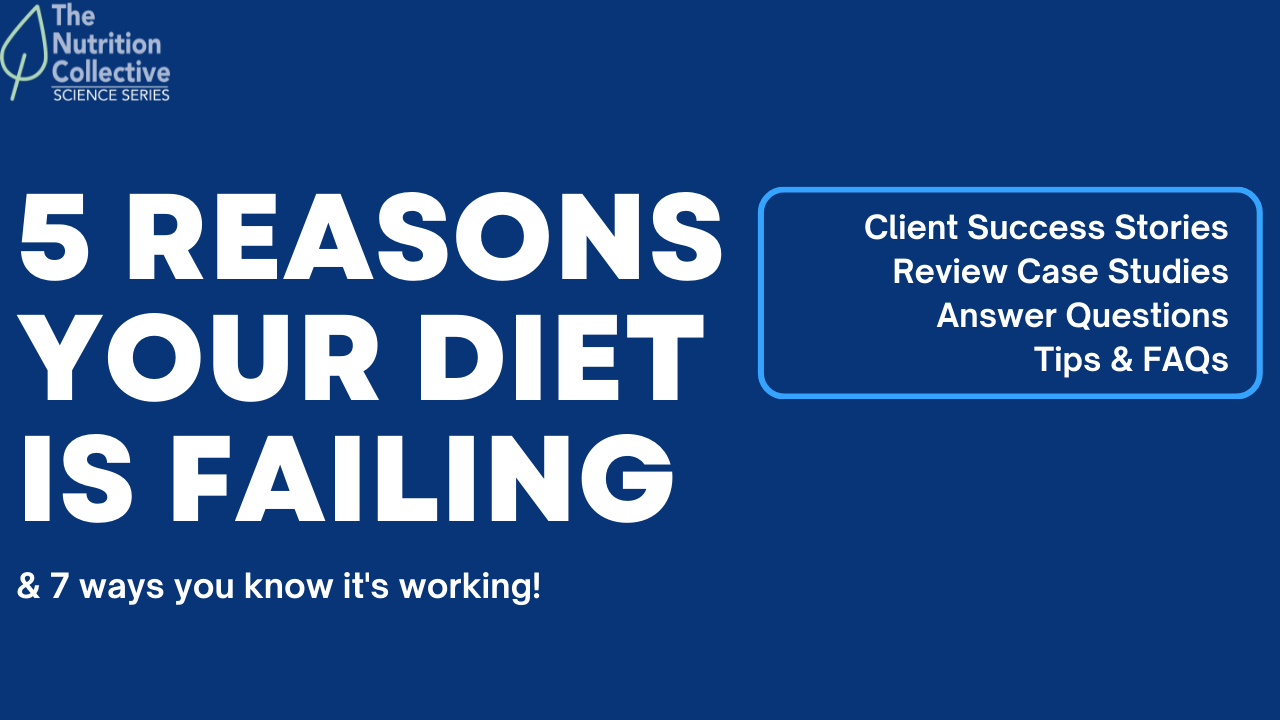Regular physical activity helps boost your brain health and improve critical thinking, problem solving skills, and emotional balance. This is also crucial for preventing anxiety and depression symptoms.
Research also shows that maintaining an active lifestyle is one of the best ways to slow down the onset of cognitive decline (1). The less active you are, the higher risk for you to acquire dementia or other cognitive degeneration diseases.
Keeping yourself physically active doesn’t have to be complicated. You can reap the long-term benefits of an active lifestyle regardless of your age and fitness level. Even the simple chores at home can contribute to your physical activity. Natural movements from gardening and cleaning help the long lifespans of the oldest people in the world.
When I was starting my fitness journey, my goal wasn’t just to achieve the build I wanted. I wanted the quality of life and overall health I knew a sedentary lifestyle wouldn’t give me.
I began walking a mile on a treadmill and went back to it everyday for more than a year. It’s a simple routine, but it made a big change after a few months. I noticed how it affected my mood positively and how it changed the way I reacted to negative situations.
It was a small step I decided to take which continuously benefits me even today. It really just a matter of consistency and dedication to what you do.
The Benefits Of Regular Exercise To Your Brain

People go into it for weight loss or other health goals, but they stay in it because it gives them a better sense of well-being. You just feel good when you exercise.
Physical activity promotes higher levels of your happy hormones: serotonin, adrenaline, dopamine, and endorphins. These neurotransmitters help regulate your mood and promote positive feelings. The way you address situations changes as you consistently exercise everyday.
Sharper Memory
Dopamine is one of the major mono-amine neurotransmitters increased through exercise (2). The higher dopamine levels you have, the more focused and alert your brain is.
Memory loss is common. You might even experience some of it in your thirties or forties. You can prevent it from happening sooner by being physically active today. Exercise stimulates the growth of new brain cells, and helps combat symptoms of brain decline as you age.
Better Sleep
Research shows that proper, regular exercise helps alleviate sleep related problems and ensures you get the amount of rest you need each night (3). One study revealed that 12 weeks of moderate intensity aerobic and resistance exercise reduces the severity of obstructive sleep apnea by about 25%. In another study, four months of consistent aerobic exercise training improved the quality of sleep for those who suffer from insomnia while reducing sleepiness during daytime and depressive symptoms.
Lack of quality sleep also reduces your physical activity and energy for the following day.It’s a cycle–you pulled an all nighter last night, then you feel sluggish and unfocused the next day. But when you’re well rested, you’re more likely to function well.
Stronger Resilience
Regular exercise helps you build emotional resilience and cope with life’s challenges and problems in a healthy way. It also helps boost your immune system and reduce the impact of stress in your body.
Physical activity boosts your memory and thinking through improved sleep and mood. You cope well with negative situations and make better decisions because you have a sharper, well-rested mind.
Improved Self Esteem
Regular physical activity is a long term investment to your mind and body. Exercise can help you improve your self esteem in so many ways.
- Regular exercise boosts your mood and puts your mind in a positive state.
- When practiced long term, exercise helps you feel good about yourself. Your physique and abilities, your consistency and milestones.
- Exercise gives you a sense of accomplishment that boosts your self esteem more.
It’s fulfilling knowing that you’re on track with your exercise routine and you meet all your exercise goals, big or small.
Reducing Stress Hormones
Do you feel that euphoria when working out? Because I do! It’s an effective way to destress for me.
When you exercise, your brain releases “feel-good” neurotransmitters called endorphins. These hormones interact with your brain’s receptors that promote relaxation and reduce the perception of pain. Like morphine, these hormones trigger positive feelings in your body.
For example, you run and workout to clear your mind from a whole day of stress. As your brain releases endorphins, it’s also easier for you to release negative thoughts and have a lighter feeling.
But the positive feeling doesn’t just end there. You’ll notice an increased motivation and feeling of well-being as you stay committed to your exercise routine over time.
Exercise And Stress
Have you ever noticed how your body feels when you’re stressed? Your muscles are tense, especially your neck and shoulders. You can get bad headaches and back pain. Other problems that could arise include, but are not limited to insomnia, heartburn, and tightness in your chest.
If you don’t manage your stress well, you’ll just run in circles in this unending cycle of discomfort. Physical activity is a great way to relax your muscles and relieve the tension in your body.
Regular exercise is an effective destressor. As you move consistently in a repetitive motion, you redirect your focus on your body rather than the thoughts clamoring in your head, just like what happens during meditation. You focus on your breathing and body movements while putting your mind in a positive state.
Reducing Symptoms Of ADHD Through Regular Exercise
Exercising is also a great way to combat and manage the symptoms of ADHD (4). When you’re physically active, you improve your concentration and control your movements better.
People with ADHD have lower dopamine levels. That’s why it’s hard for them to focus and control their body movement. To treat ADHD especially in adults, stimulant medicines are given to regulate the dopamine levels in their brain.
A regular exercise routine is much like those stimulant drugs. It boosts your brain’s dopamine, serotonin, and norepinephrine levels in a more natural way, which are crucial for your overall focus and attention.
Practicing A Healthy Physical Activity Routine
Being physically active is easier than you might think. If a whole bunch of exercise routines is too overwhelming for you, you can break it up into chunks and accomplish them throughout the week. Starting small is better than doing nothing at all.
Aerobic Exercises

Aerobic exercises are proven to reduce the risk of anxiety and depression (5). You can easily do this daily at home. Turn up the music and jive to the beat while doing your household chores. There are also tons of aerobic dance workout videos you can try on YouTube.
Don’t like dance? Try simple exercise routines like jumping jacks, high knees and jump rope. Or start your day early and go for a morning jog daily for at least 30 minutes. Walk faster on your errands. Use stairs instead of getting into lifts.
You’re probably doing aerobics everyday. Going up and down your stairs when doing your household chores is already a good aerobic exercise. The key is just to keep on moving.
Strength Training
Strength training is another way to increase the endorphin levels in your brain. It helps you clear your mind and uplift your mood. Try lifting weights or working out with resistance bands. If you can, biking is also a great way to exercise your muscles and improve your cardiovascular health.
You can also practice strength training while gardening. You exercise your muscles when you dig and shove. Then improve your posture as you watch your body position while doing these chores.
Mentally Stimulating Activities
Aside from your workout routine, there are tons of brain activities you can do to enhance your cognition. Practice different mentally stimulating activities like solving puzzles and gardening. Playing a musical instrument is also a great way to stimulate your brain and prevent it from aging early.
Exercising your brain is important to memory, focus, and its daily functioning especially for older people. Discover a new skill. Explore more musical instruments, or learn a new language. You might not notice how it helps you today, but you’ll reap the benefits of these activities when you grow older.
Well-Managed Social Engagements

Maintaining a robust social life is also beneficial for your brain function. When you communicate with your peers, you challenge your brain to identify both verbal and nonverbal cues so you can respond to them appropriately.
You observe their body language, the way they speak, and their emotions. Makes sense how you balance the right timing when to throw a punchline.
Social engagements also help improve your mood and combat symptoms of anxiety and depression (6). It’s good to have someone to talk to when you’re bombarded with negative emotions. Social withdrawal isn’t the answer. This is why therapists suggest people suffering from depression to reach out to their family members and friends instead of isolating themselves.
Whether you’re just about to start an exercise routine, or have been working out for quite some time already, just keep hustling! Exercise has tons of benefits in keeping your mind and body healthy.
Key Takeaways
There’s a reason why people who exercise seem happier. Hormones play a huge role in keeping your mind in a positive state, and you increase these neurotransmitters in your brain when you’re physically active. The more active you are, the easier it is for you to handle stress and negative emotions.
Don’t know where to start? Consult Champ City today and talk to one of our experts. We’ll help and guide you through your journey towards overall wellness with comprehensive consultation tailored to your needs.
References:
- Park, J.H., Moon, J.H., Kim, H.J., Kong, M.H., & Oh, Y.H. (2020) Sedentary Lifestyle: Overview of Updated Evidence of Potential Health Risks https://www.ncbi.nlm.nih.gov/pmc/articles/PMC7700832/
- Lin, T.W. & Kuo, Y.M. (2013) Exercise Benefits Brain Function: The Monoamine Connection https://www.ncbi.nlm.nih.gov/pmc/articles/PMC4061837/
- Kline, C. (2014) The bidirectional relationship between exercise and sleep: Implications for exercise adherence and sleep improvement https://www.ncbi.nlm.nih.gov/pmc/articles/PMC4341978/
- Cerrillo-Urbina, A.J., García-Hermoso, A., Sánchez-López, M., Pardo-Guijarro, M.J., Santos Gómez, J.L. & Martínez-Vizcaíno, V. (2015) The effects of physical exercise in children with attention deficit hyperactivity disorder: a systematic review and meta-analysis of randomized control trials https://pubmed.ncbi.nlm.nih.gov/25988743/
- Sharma, A., M.D., Madaan, V., M.D. & Petty, F., M.D. (2006) Exercise for Mental Health https://www.ncbi.nlm.nih.gov/pmc/articles/PMC1470658/
- Cleveland Clinic (2018) 7 Ways to Head Off Depression — Before It Sets in https://health.clevelandclinic.org/7-ways-to-head-off-depression-before-it-sets-in/







